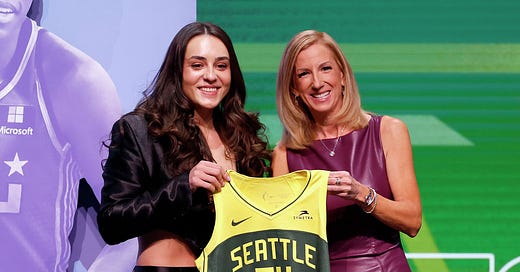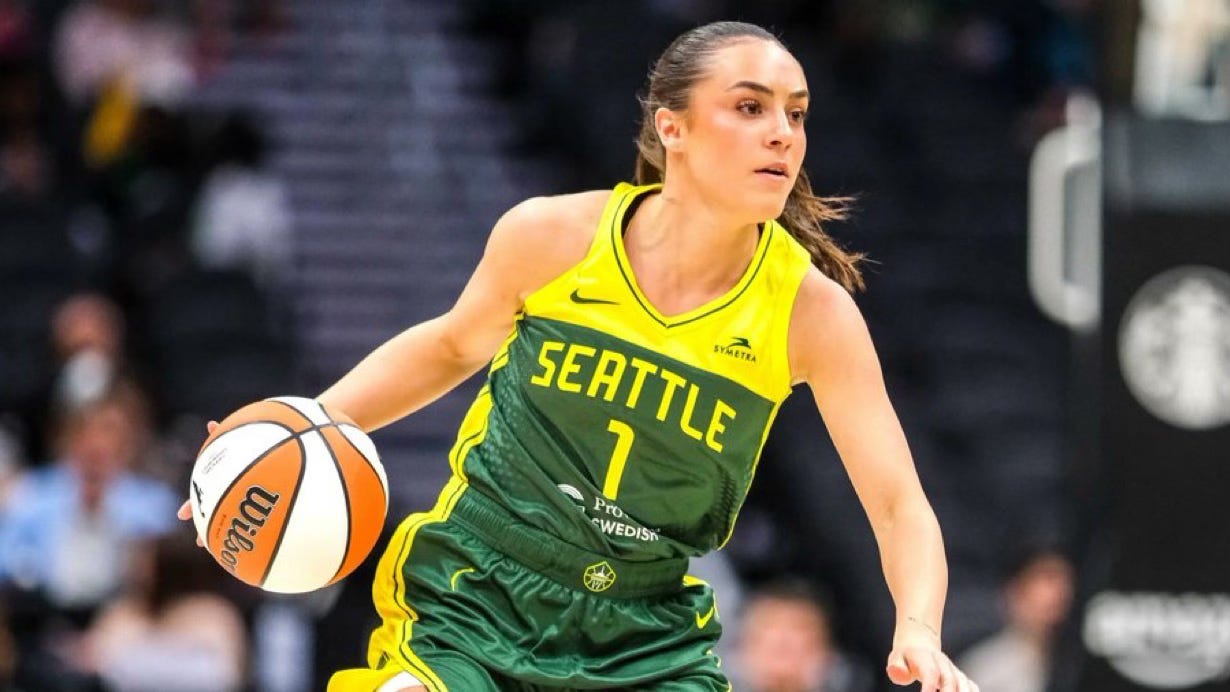As the global landscape of sports continues to expand, so do the opportunities for athletes from around the world to showcase their talents on international stages. However, alongside the excitement of joining new teams and leagues, many international athletes face the daunting challenge of obtaining the necessary visas to compete abroad. The recent case of Nika Mühl, a former UConn Husky drafted into the WNBA by the Seattle Storm, highlights the complexities and frustrations that can arise from visa complications.
In Mühl's case, the delay in her WNBA debut stems from visa issues, specifically with the P1 visa. So, what exactly is a P1 visa? In the realm of sports, the P1 visa is a non-immigrant visa reserved for athletes, artists, and entertainers who are internationally recognized and are coming to the United States to participate in a specific athletic competition or performance.
However, despite its intended purpose, navigating the P1 visa process can be a lengthy and complex ordeal. From gathering the necessary documentation to meeting stringent eligibility criteria, athletes often find themselves facing unexpected delays and bureaucratic hurdles. These delays cannot only disrupt their professional careers but also impact their ability to contribute to their teams and fulfill contractual obligations.
For athletes like Mühl, who are eager to make their mark on the international stage, these visa setbacks can be particularly disheartening. Instead of focusing solely on their athletic pursuits, they are forced to contend with administrative challenges that are beyond their control. This not only adds unnecessary stress but also underscores the need for streamlined and efficient visa processes for international athletes.
In an era where sports transcend borders and cultures, it's essential that athletes have access to visa systems that are transparent, accessible, and responsive to their needs. Whether it's through expedited processing for elite athletes or improved support services for navigating the visa application process, there's a clear opportunity to enhance the experience for international athletes and ensure that they can compete on a level playing field.
As Nika Mühl and countless other athletes continue to navigate the complexities of visa regulations, it's imperative that their stories serve as a catalyst for change. By advocating for reforms that prioritize the needs of international athletes, we can create a more inclusive and equitable environment for athletes from all corners of the globe to thrive and succeed.





